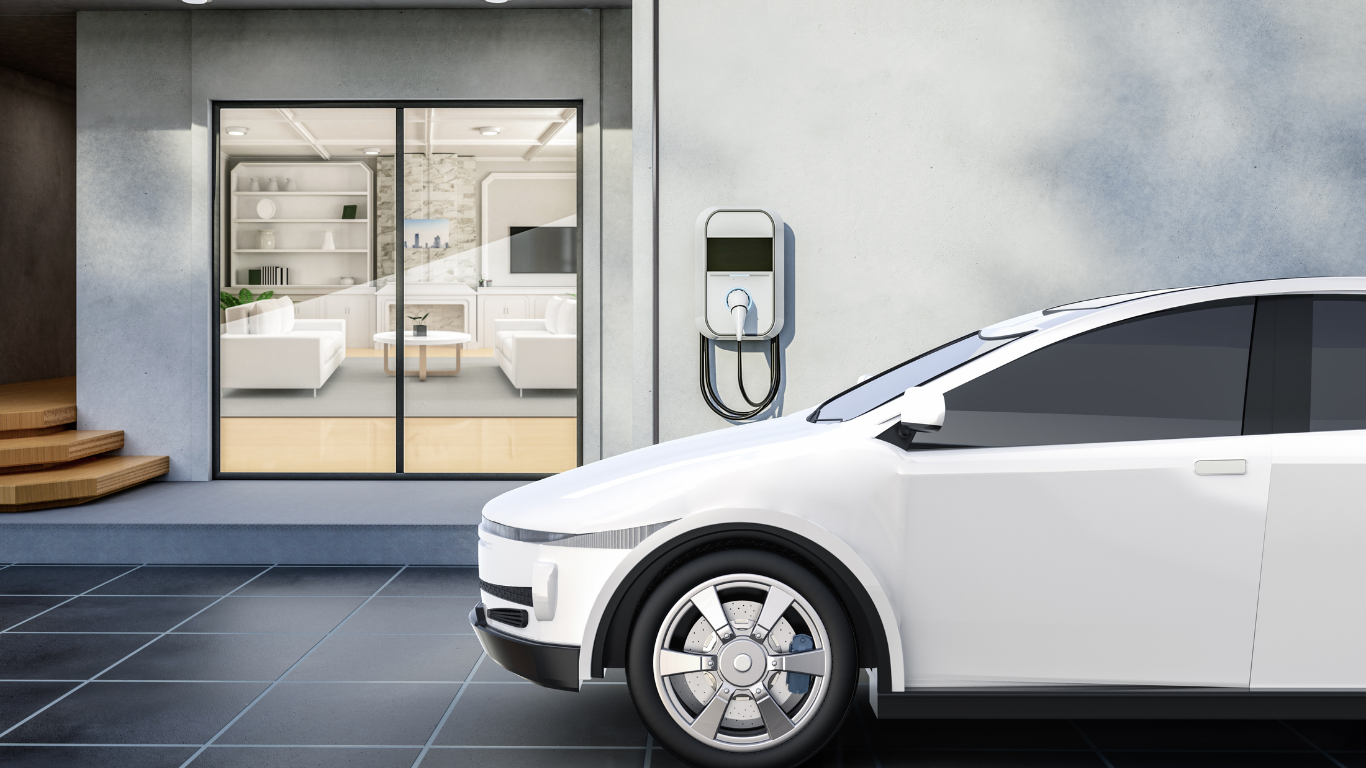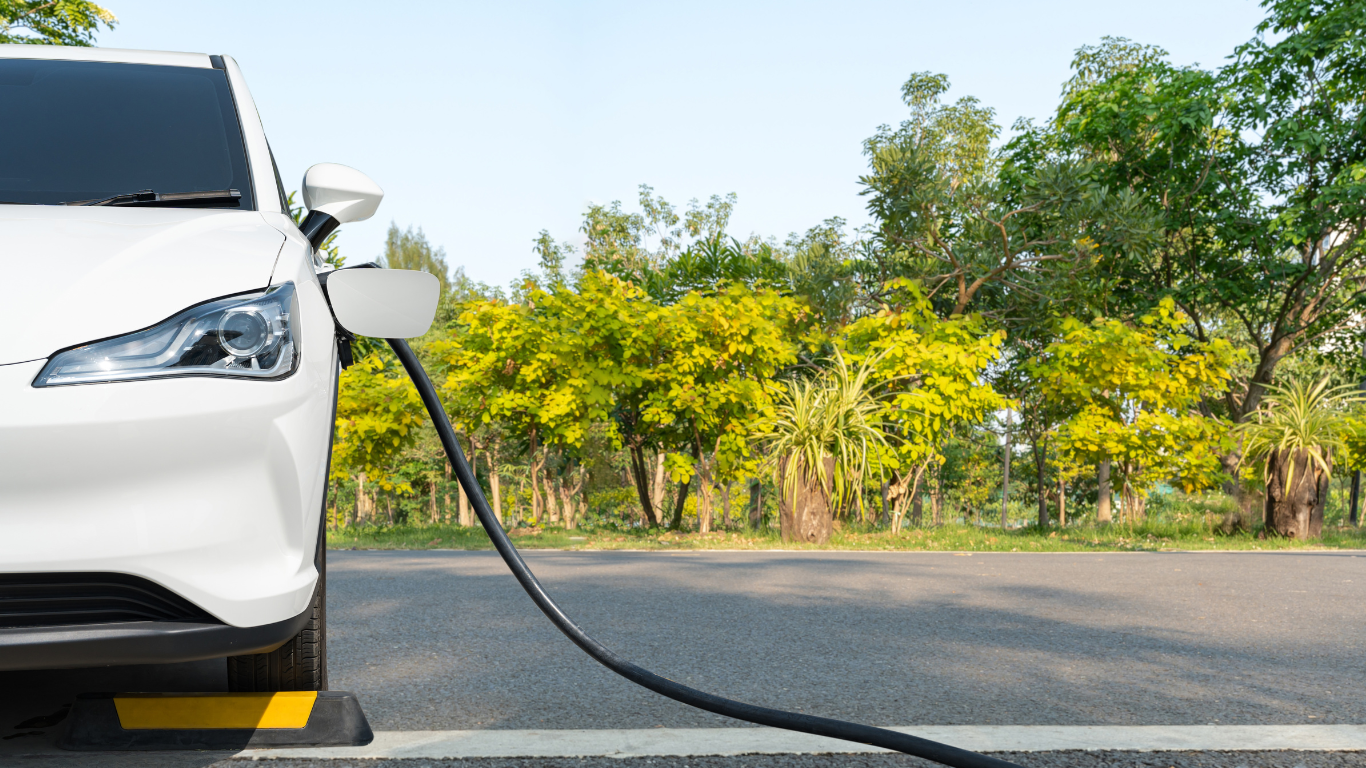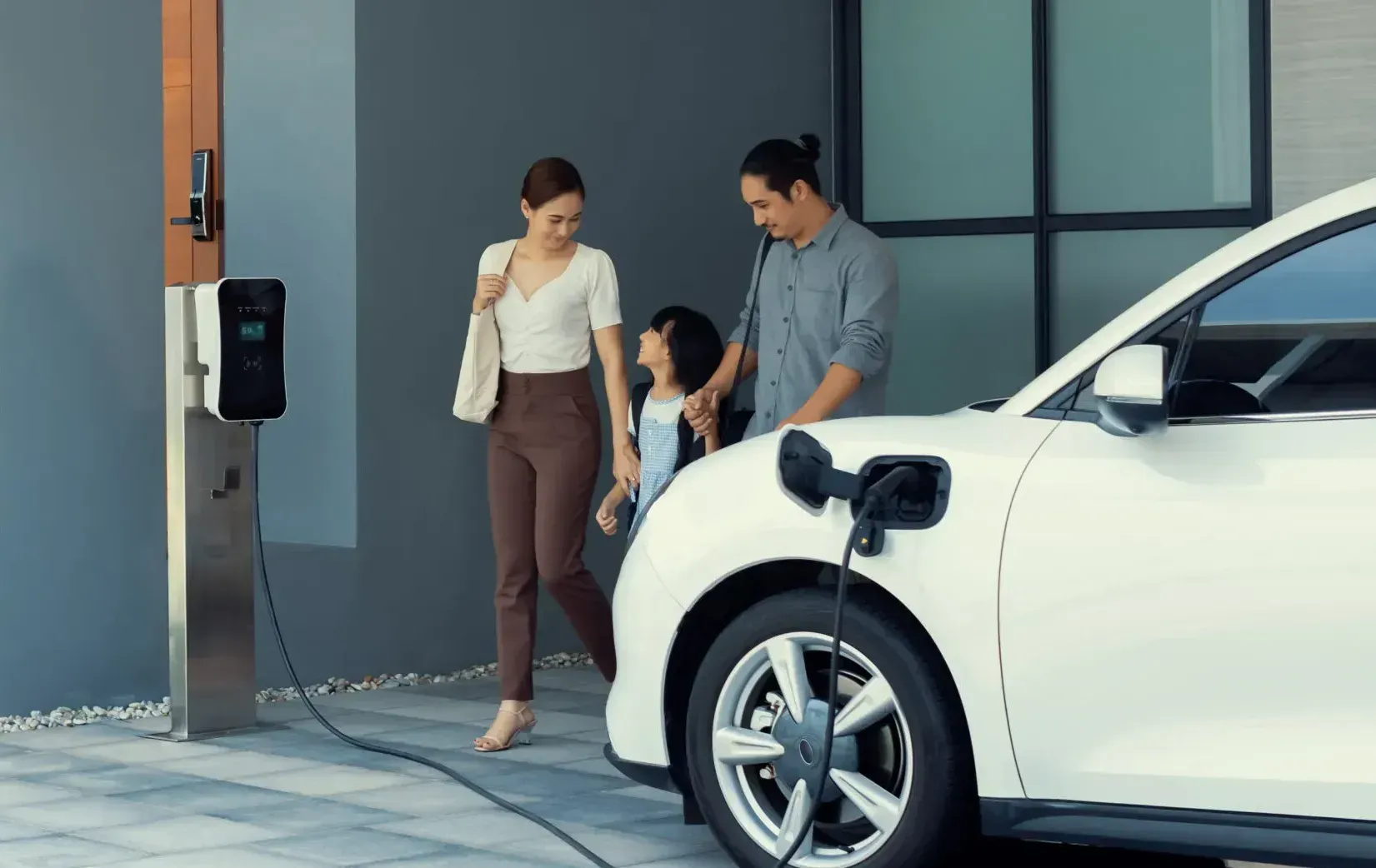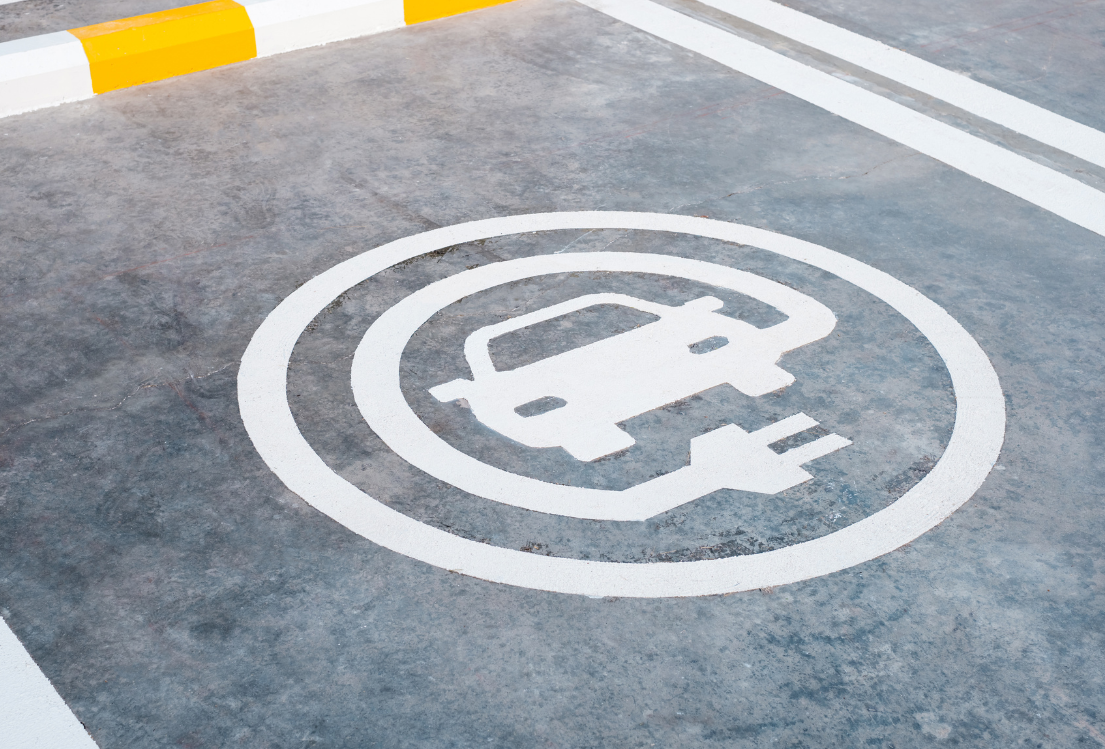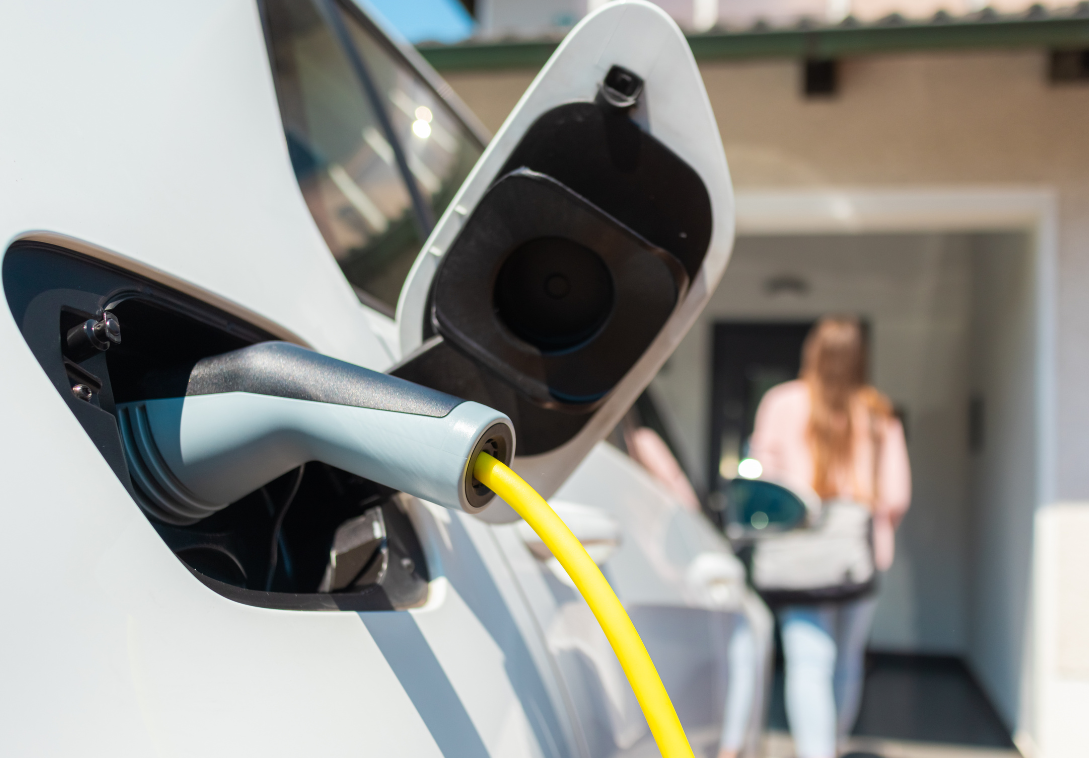Cost Savings with Electric Vehicles: How Charging at Home Can Save You Money
Maximizing Savings with EVs: Discover How Home Charging Cuts Costs
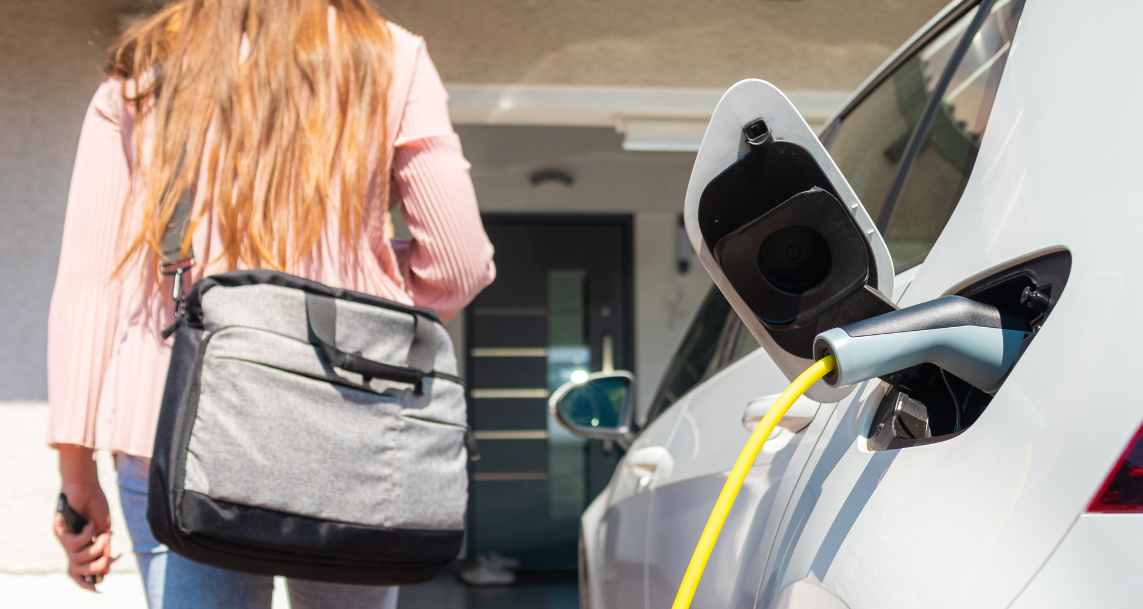
Table of Contents
Introduction
Electric vehicles (EVs) are revolutionizing transportation, offering not only environmental benefits but significant financial advantages. For many potential EV owners, understanding the cost savings is a critical factor in making the switch from traditional gasoline-powered vehicles. From reduced fuel and maintenance costs to government rebates and long-term financial benefits, owning and charging an EV at home can lead to substantial savings.
This comprehensive guide explores how EVs can save you money, diving into real-world examples and actionable tips to calculate your potential savings. By the end, you’ll see why charging at home is the most cost-effective way to power your electric journey.
1. Lower Fuel Costs
Comparing Electricity vs. Gasoline Costs
One of the most significant financial advantages of EVs is their lower fuel cost. Electricity is cheaper than gasoline in nearly every region, making EVs a more economical choice for daily commutes and long-distance travel.
- Electricity Costs: The average cost of electricity in Canada is approximately $0.13 per kilowatt-hour (kWh). Charging a typical EV with a 60 kWh battery costs about $7.80 for a full charge, which provides an average range of 400 km.
- Gasoline Costs: In comparison, a gasoline car with a fuel efficiency of 9 L/100 km (litres per 100 kilometres) and an average gas price of $1.60 per litre would cost approximately $57.60 to drive the same 400 km.
Real-World Example
Let’s compare the annual fuel costs for an EV and a gasoline vehicle:
- Electric Vehicle: Driving 20,000 km per year at an average cost of $2.00 per 100 km (electricity) would total $400 annually.
- Gasoline Vehicle: Driving the same distance with a fuel cost of $14.40 per 100 km would total $2,880 annually.
Annual Savings: By charging at home, EV owners can save over $2,400 per year on fuel alone.
Off-Peak Charging Savings
Many utility providers offer lower electricity rates during off-peak hours, typically at night. Scheduling your EV to charge during these hours can reduce costs even further, sometimes by 30-50%.
2. Reduced Maintenance Expenses
EV Maintenance: Simplified and Cheaper
Electric vehicles have fewer moving parts compared to internal combustion engine (ICE) vehicles. This simplicity translates to lower maintenance costs and fewer unexpected repairs.
- No Oil Changes: EVs don’t require engine oil, saving hundreds of dollars annually.
- Minimal Brake Wear: Regenerative braking reduces wear and tear on brake pads, extending their lifespan.
- No Exhaust System: EVs lack components like mufflers or catalytic converters, eliminating related repair costs.
Cost Comparison: EV vs. Gasoline Maintenance
According to Consumer Reports, EV owners spend about 50% less on maintenance over the life of the vehicle compared to gasoline car owners. Here’s a breakdown of common expenses:
- Gasoline Car Maintenance Costs (5 years):$3,400 (oil changes, brake pads, engine repairs, and transmission repairs)
- EV Maintenance Costs (5 years):$500 (brake pads, software updates, and battery cooling system checks)
Savings Over 5 Years: EV owners save approximately $2,900 on maintenance alone.
3. Government Incentives and Rebates
Federal and Provincial Programs
Governments at all levels are incentivizing EV adoption through rebates, tax credits, and grants. These incentives reduce the upfront costs of purchasing an EV and installing a home charger.
- Federal Incentives: Canada’s federal government offers up to $5,000 in rebates for eligible EVs under the iZEV program.
- Provincial Incentives: Quebec offers up to $8,000 for EV purchases and $600 for home charger installations. British Columbia offers up to $3,000 for EV purchases and $700 for home chargers.
- Charger Installation Rebates: Several provinces offer rebates for installing Level 2 home chargers, reducing costs by up to 50%.
4. Long-Term Financial Benefits
Depreciation and Resale Value
EVs tend to retain their value better than gasoline vehicles due to their lower maintenance costs and growing demand. As more people transition to EVs, the resale market for these vehicles remains robust.
- Reduced Depreciation Rates: EVs like the Tesla Model 3 retained up to 70% of their value after three years, compared to 50% for a typical gasoline vehicle.
- Incentives Boost Resale Value: Government incentives encourage buyers to choose used EVs, further stabilizing their resale value.
5. Calculating Your Potential Savings
Personalizing Your Savings Estimate
Calculating your specific savings with an EV depends on several factors, including:
- Driving Habits: How many kilometres you drive annually.
- Electricity Costs: Your local electricity rates and availability of off-peak pricing.
- Gasoline Costs: Current and projected gasoline prices in your area.
- Rebates and Incentives: The specific programs available in your province.
6. Additional Considerations
Charging Network Access
While home charging offers the best cost savings, public charging can complement your setup, especially for long trips. Look for charging networks that offer memberships or reduced rates for frequent users.
Environmental Savings
While financial savings are a key motivator, don’t overlook the environmental benefits of EVs. Driving electric reduces your carbon footprint, contributing to cleaner air and a healthier planet.
Conclusion
Electric vehicles offer a wealth of financial benefits, from significantly lower fuel and maintenance costs to government incentives and long-term savings on resale value. By charging at home, you maximize these savings and enjoy the convenience of always having a full battery.
Ready to start saving? My EV Experts specializes in installing cost-effective Level 2 home chargers tailored to your needs.
Contact us today to learn more and take the first step toward an affordable and sustainable electric future!
My EV Experts - a contractor referral site.
All Electrical services provided by BradCon Electrical Services.
ESA #7008326
Disclaimer: My EV Experts is a lead generation service connecting customers with licensed electrical contractors.
We are not responsible for the work performed.

